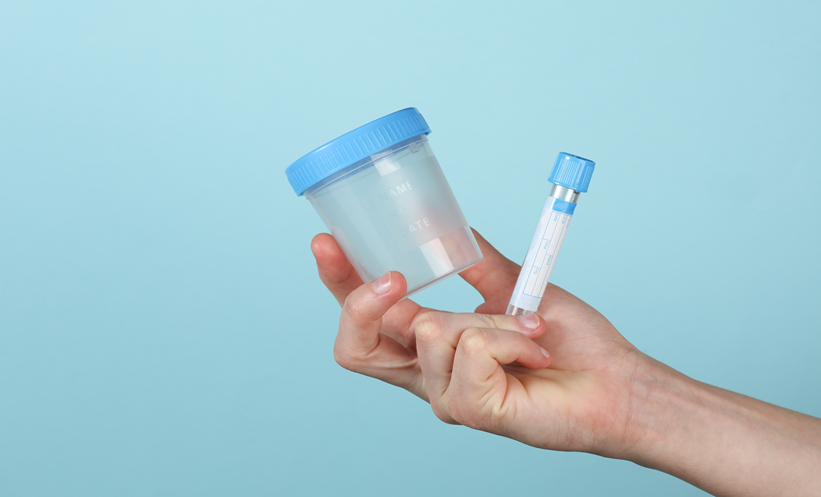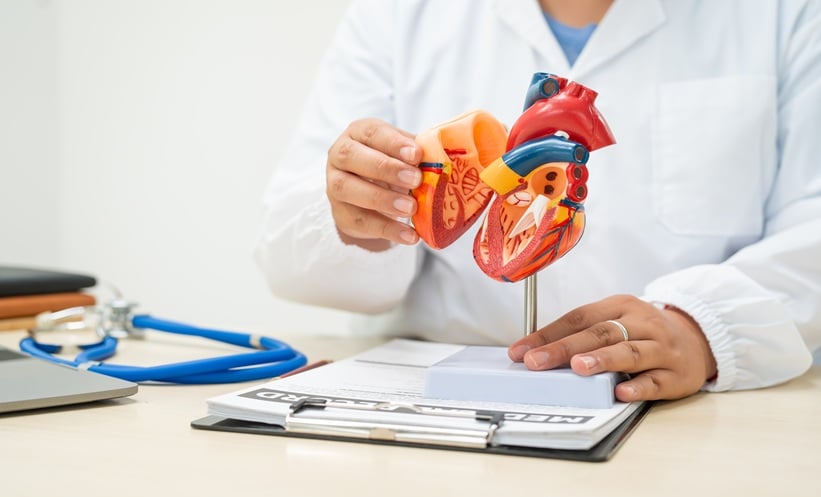NEW research suggests that profiling urine tumour DNA (utDNA) at baseline and after 3 months of treatment could identify patients with bacillus Calmette-Guérin (BCG)-unresponsive non-muscle-invasive bladder cancer (NMIBC) who may not benefit from systemic immunotherapy such as atezolizumab. Personalised therapeutic decisions are critical, especially in the context of this cancer, which poses significant risks of recurrence and progression if not effectively treated.
This research comes from a secondary analysis of a single-arm Phase II clinical trial that evaluated the efficacy of intravenous atezolizumab in BCG-unresponsive NMIBC. Researchers analysed urine samples using the UroAmp assay from 89 patients at baseline and 77 patients at 3 months. Data showed that 71% of UroAmp-negative patients at baseline achieved a complete response at 6 months, compared to only 13% of UroAmp-positive patients. UroAmp-negative patients at baseline also had significantly higher 18-month event-free survival (51%), compared to UroAmp-positive patients (23%; hazard ratio: 2.8; p<0.001). Furthermore, UroAmp-negative patients with no clinical evidence of disease at 3 months showed 86% event-free survival at 18 months, compared to 38% in those who were UroAmp-positive. Researchers therefore noted that those who were UroAmp-positive were at higher risk of recurrence and were less likely to respond to treatment.
In conclusion, utDNA profiling can help stratify risk of recurrence in patients with BCG-unresponsive NMIBC treated with atezolizumab. The team suggested that this should be taken into account in future trials to refine inclusion criteria, balance trial arms, guide treatment escalation or de-escalation, and utilise on-treatment molecular response as an intermediate endpoint.
Reference
Saint-Laurent M-P et al. Urine tumor DNA to stratify the risk of recurrence in patients treated with atezolizumab for bacillus Calmette-Guérin-unresponsive non-muscle-invasive bladder cancer. Eur Urol. 2025; DOI:10.1016/j.eururo.2025.03.023.








